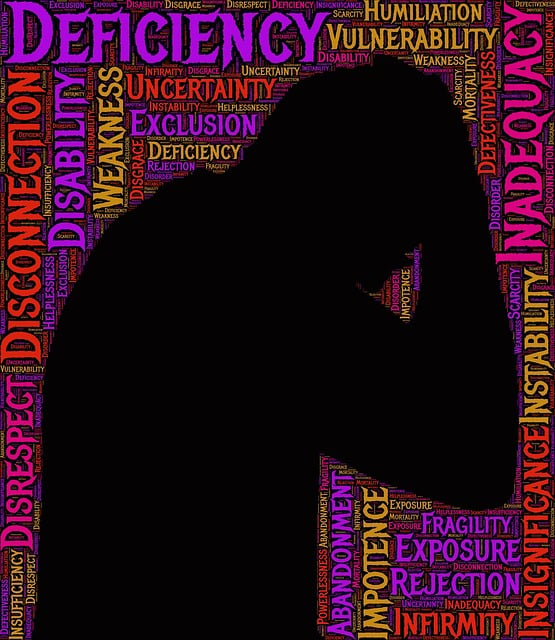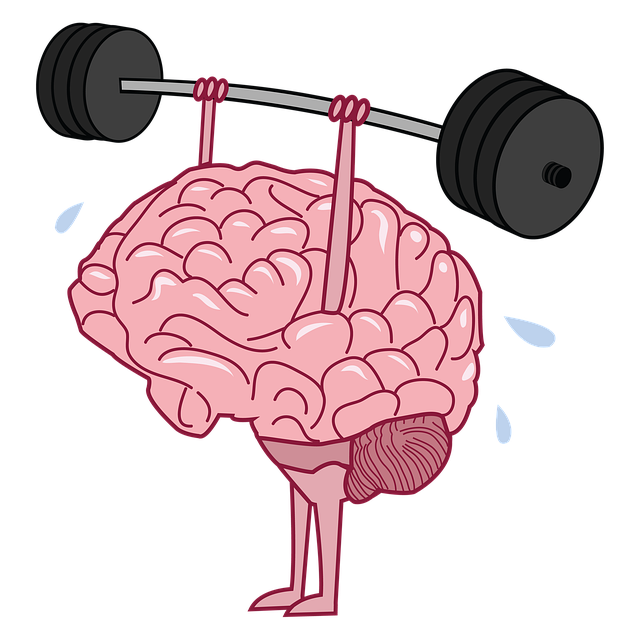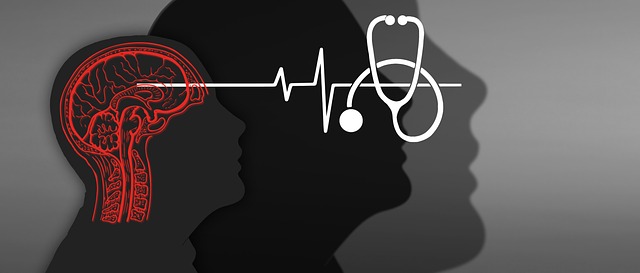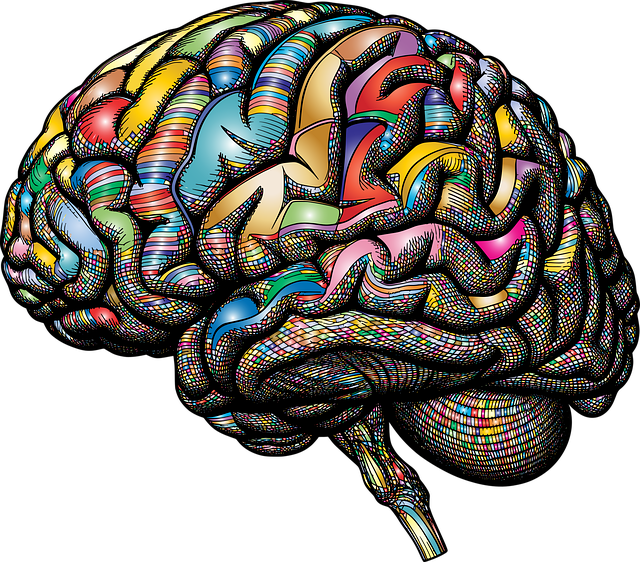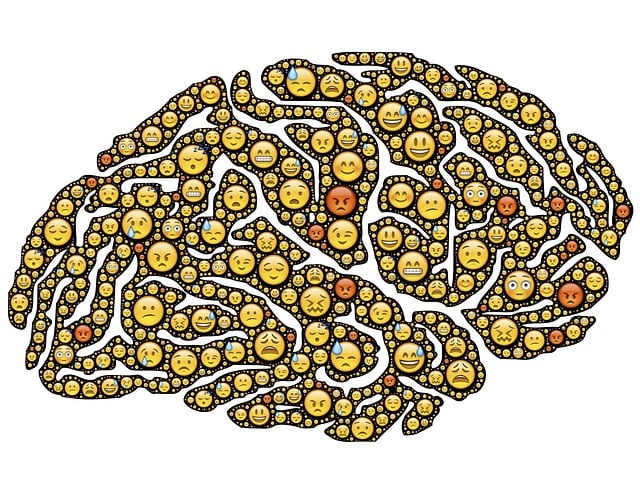Cultural sensitivity is crucial for effective mental healthcare in diverse communities like Denver, especially when serving deaf or hard-of-hearing individuals. Integrating Denver American Sign Language (ASL) Therapy ensures accessible and tailored services through inclusive Mental Health Education Programs and Community Outreach strategies sensitive to local cultural contexts. This approach builds trust, engages underserved communities, and fosters a safe environment for all clients. By combining ASL in therapy sessions with Inner Strength Development methods aligned with cultural backgrounds, mental health providers empower clients while respecting their identities. Robust risk management plans addressing confidentiality, informed consent, and cultural taboos further enhance the effectiveness and cultural responsiveness of Denver ASL Therapy, making inclusive mental healthcare both a benefit and a necessity in an increasingly diverse community.
In today’s diverse society, cultural sensitivity in mental healthcare is paramount. Understanding and respecting diverse cultural beliefs and practices enhances therapeutic outcomes. This article explores key aspects of culturally sensitive care, featuring a unique approach like Denver American Sign Language Therapy, which bridges communication gaps for deaf individuals. We discuss strategies to overcome barriers, highlighting the benefits and challenges of inclusive mental health services. By embracing cultural responsiveness, healthcare providers can create more effective and accessible support systems for all.
- Understanding Cultural Sensitivity in Mental Healthcare
- Denver American Sign Language Therapy: A Unique Approach
- Overcoming Barriers: Strategies for Culturally Responsive Practice
- Benefits and Challenges of Inclusive Mental Health Care
Understanding Cultural Sensitivity in Mental Healthcare

Cultural sensitivity is a cornerstone in mental healthcare practice, ensuring that services are accessible and effective for individuals from diverse backgrounds. It involves recognizing and appreciating the unique cultural beliefs, values, and practices that shape an individual’s experience of mental health and illness. This understanding is particularly relevant in communities like Denver, where American Sign Language (ASL) Therapy plays a vital role in overcoming communication barriers.
Incorporating cultural sensitivity means tailoring mental health services to meet the specific needs of different communities. It involves designing Mental Health Education Programs that are inclusive and culturally responsive, addressing the emotional healing processes specific to each community’s experiences. Furthermore, Community Outreach Program Implementation strategies should consider cultural context to foster trust and engagement. By embracing these principles, mental healthcare providers can create a safe and supportive environment for all clients, regardless of their cultural background.
Denver American Sign Language Therapy: A Unique Approach

In Denver, a unique approach to mental healthcare has emerged—Denver American Sign Language (ASL) Therapy. This innovative practice bridges the communication gap between healthcare providers and deaf or hard-of-hearing individuals, ensuring that everyone receives culturally sensitive care. The therapy leverages ASL, not just as a language but as a powerful tool for building resilience and promoting mental wellness among this underserved community.
By integrating ASL into therapy sessions, practitioners foster an environment that respects and embraces the cultural identity of their deaf patients. This method allows for deeper connections, enhances understanding, and enables more effective resilience-building strategies. Moreover, it aligns with broader mental health policy analysis and advocacy efforts, pushing for inclusive practices that address the specific needs of the deaf community, ultimately improving access to quality mental healthcare services.
Overcoming Barriers: Strategies for Culturally Responsive Practice

Overcoming barriers to culturally responsive practice is essential for mental healthcare providers in Denver, especially when working with diverse populations and individuals who utilize American Sign Language (ASL). One effective strategy is to integrate Inner Strength Development techniques tailored to each client’s cultural background. By fostering a sense of empowerment and self-reliance, therapists can create an inclusive environment that respects individual identities. For instance, incorporating ASL into therapy sessions not only accommodates clients who are deaf or hard of hearing but also demonstrates a commitment to their cultural heritage and language rights.
Additionally, mental health professionals should invest time in Mental Health Education Programs Design that focus on cultural competency. These programs can help providers understand the unique challenges faced by different communities and equip them with tools for effective communication and care. Moreover, implementing robust Risk Management Planning for Mental Health Professionals is crucial to addressing potential cultural sensitivities and ethical dilemmas. This includes ensuring confidentiality, obtaining informed consent in various languages, and being mindful of cultural taboos or preferences that may impact treatment approaches.
Benefits and Challenges of Inclusive Mental Health Care

In an increasingly diverse society, providing inclusive mental healthcare is both a benefit and a necessity. By embracing cultural sensitivity, mental health practitioners in Denver can offer more tailored and effective support to a wide range of clients. The advantages are significant; inclusive care enhances access to services for underrepresented communities, promotes trust between patients and caregivers, and fosters a sense of belonging. This approach leverages the Inner Strength Development and Mind Over Matter Principles that exist within various cultural groups, allowing for more holistic healing processes.
However, navigating these changes presents its own set of challenges. Practitioners must stay informed about different cultural practices, beliefs, and communication methods like Denver American Sign Language Therapy to avoid misunderstandings or missteps. Conflict Resolution Techniques can be crucial in addressing potential tensions that arise from cultural differences. Through ongoing education and dialogue, mental health professionals can create safe spaces where every client feels heard, respected, and empowered to overcome their challenges.
Cultural sensitivity in mental healthcare is no longer a consideration, but a necessity. As diverse communities continue to shape our society, inclusive practices like Denver American Sign Language (ASL) Therapy demonstrate innovative approaches to meeting unique needs. By overcoming barriers through culturally responsive strategies, we can enhance access and outcomes for all individuals seeking support. Recognizing the benefits and challenges of inclusive mental health care is crucial in fostering a more compassionate and effective system that respects and values every patient’s cultural identity.


